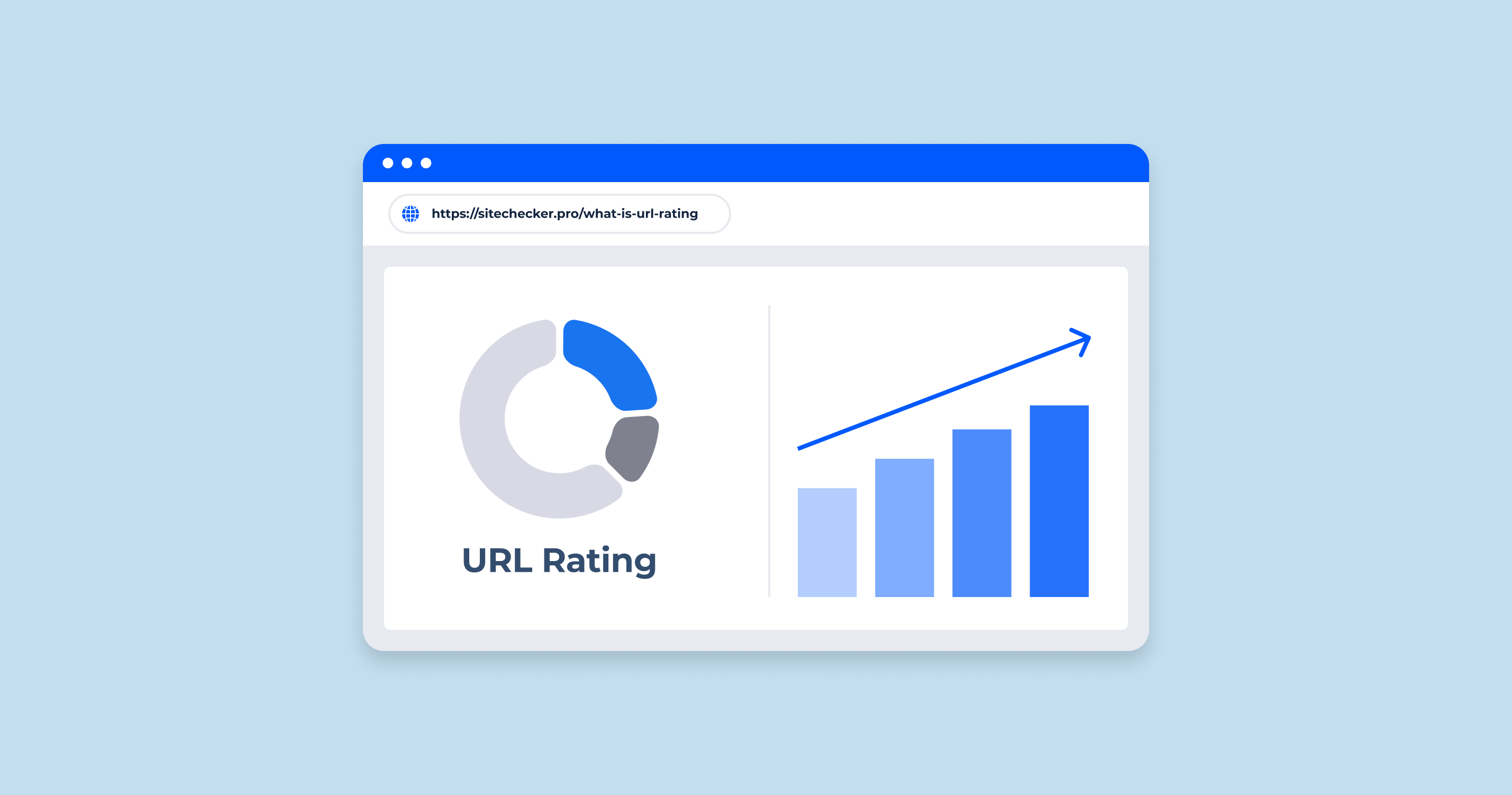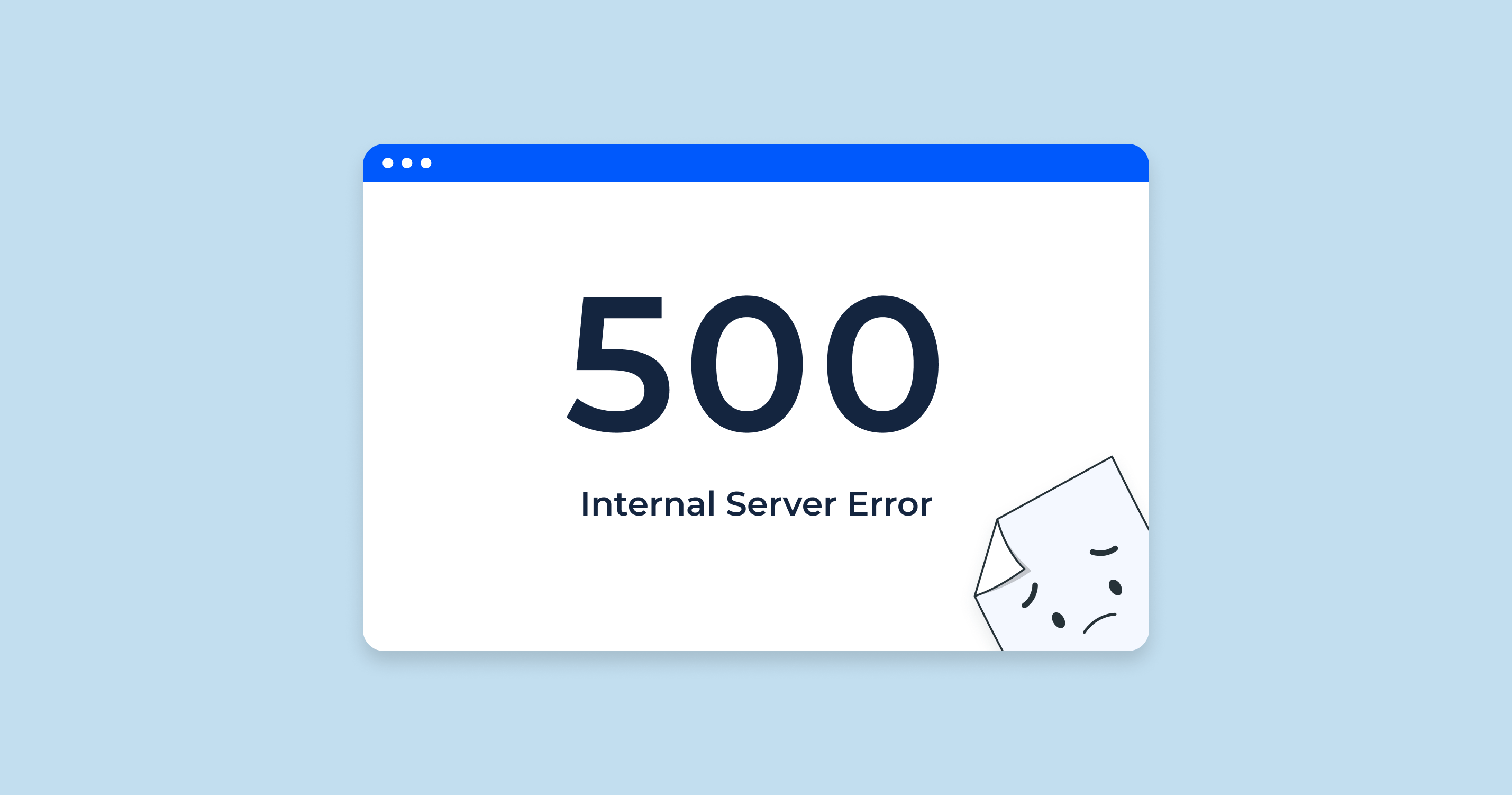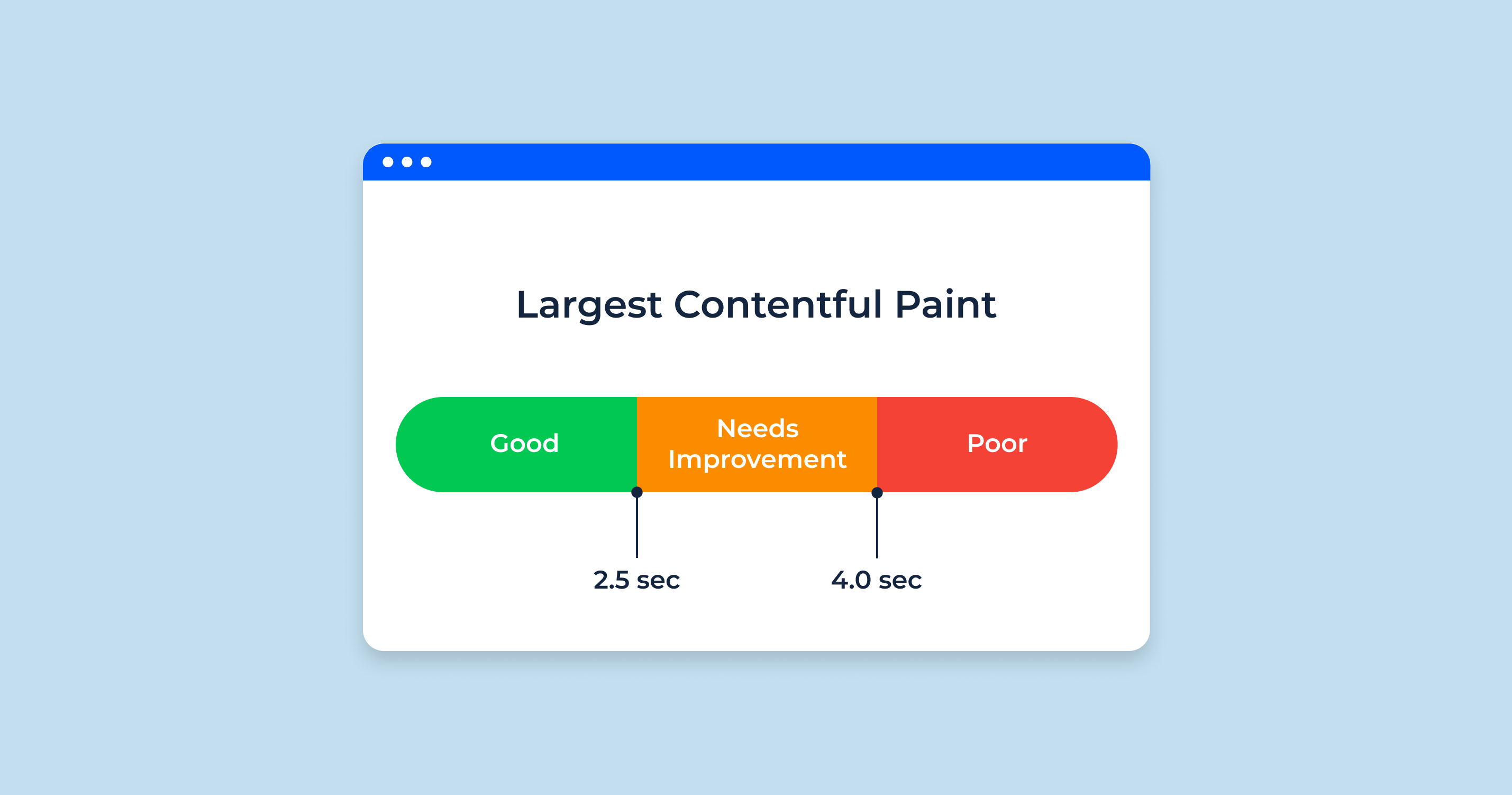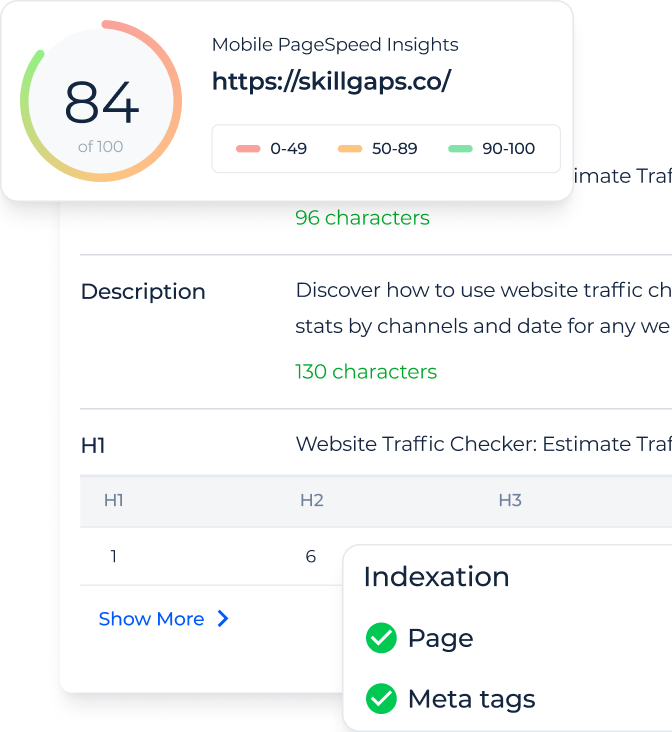URL Rating (UR) is a metric used in SEO that estimates the strength of a webpage’s backlink profile on a scale from 0 to 100. It’s developed by Ahrefs, a data-driven marketing toolset powered by a huge index of backlinks, keywords, and content.
UR takes into consideration both the quantity and the quality of backlinks pointing to a specific URL. This means a webpage with a few high-quality backlinks may have a higher UR than a page with numerous low-quality backlinks.
It’s important to note that UR is specific to a particular page, not the overall website. A website’s authority is often gauged using a different metric, such as Domain Rating (DR), also developed by Ahrefs, which measures the overall strength of a website’s backlink profile.
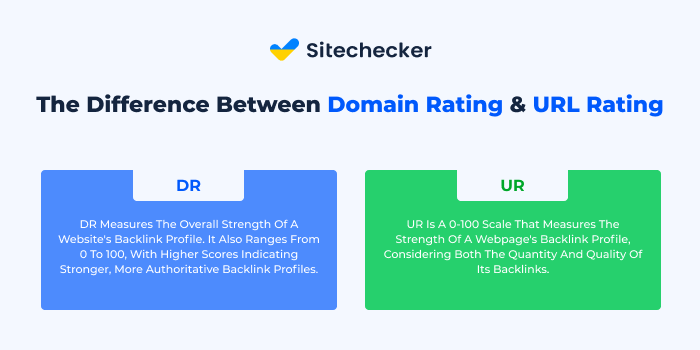
However, keep in mind that UR, DR, or similar metrics are not officially recognized by Google or other major search engines. They are estimation tools used by SEO professionals to understand and improve the potential performance of a webpage or a website in organic search results.
How to Calculate and Improve URL Rating
The exact algorithm used by Ahrefs to calculate URL Rating (UR) isn’t public knowledge, but they have mentioned that it’s a composite score derived from the quantity and quality of backlinks to a specific webpage. The algorithm also considers both “dofollow” and “nofollow” links.
Here’s a general outline of how it’s calculated
- Number of unique backlinks to the URL.
- Quality or “authority” of these linking web pages.
- A total number of “dofollow” links to the URL.
Strategies for improving the URL Rating
- High-Quality Content. Regularly publish high-quality content that’s valuable to the audience. This encourages organic sharing and linking, which can improve the UR.
- Link Building. Reach out to other websites for backlinks. This could involve writing guest blog posts, leveraging partnerships, or just asking site owners if they’d be willing to link to the page.
- Skyscraper Technique. Identify popular and well-linked content in the niche, then create a better version of it. Once you’ve done that, reach out to the websites that linked to the original content and suggest that they link to improved version instead.
- Broken Link Building. Check websites with broken links and suggest content as a replacement. This strategy can be especially effective if content is a good fit for the broken link.
- Internal Linking. Building a strong internal linking structure can help improve UR. If you have a high-UR page on site, consider adding links from that page to other important pages to distribute some of that link equity.
- Social Media Promotion. Promoting content on social media platforms can indirectly improve UR by increasing the visibility of content and potentially attracting more backlinks.
Remember, building UR takes time and effort. While it’s a useful metric for understanding the strength of a webpage’s backlink profile, it’s only one factor among many that search engines consider when ranking webpages. Always focus on providing value to users first and foremost.
Ahrefs DR Checker by Sitechecker to analyze the Domain Rating (DR) of websites
How much trust it has in a particular site
Use an Ahrefs DR Checker each time you publish new content to see how it affects your overall indexing ability
Ahrefs DR Checker provided by Sitechecker is an invaluable tool for SEO professionals aiming to analyze the Domain Rating (DR) of websites, a metric developed by Ahrefs, renowned for its accuracy and reliability in assessing a site’s backlink profile strength. This tool is remarkably user-friendly and precise, offering insights into a website’s overall authority based on its backlink profile, helping users strategize their SEO efforts effectively. Whether you’re a seasoned SEO expert or a beginner, utilizing this tool can significantly aid in optimizing your site’s digital presence and enhancing your SEO strategies. Give it a try and stay ahead in the SEO game!
Conclusion
URL Rating (UR), by Ahrefs, is an SEO metric estimating a webpage’s backlink strength. It focuses on a single page, unlike Domain Rating (DR), which looks at a whole website. These metrics aren’t officially recognized by search engines but are used for SEO optimization.
UR calculation considers the quantity and quality of backlinks and the total “dofollow” links to the URL.
What is a good URL Rating?
How to increase URL Rating?
What does URL Rating stand for in Ahrefs?
Is URL Rating important for SEO?
Is getting 100 backlinks from 100 different websites better for ranking?
Why is a page's UR higher than the DR?
- Quality of Backlinks: If a specific page has attracted high-quality backlinks from authoritative sites, its UR can be higher than the site's DR.
- The concentration of Backlinks: If most backlinks point to one particular page rather than being spread across the domain, the UR for that page can be higher than the DR.
- Relevance of Backlinks: The page might be linked from highly relevant and authoritative pages in the same niche, which can boost its UR.
Remember, these are just estimations provided by Ahrefs and they don't necessarily reflect the way search engines like Google perceive the page or the site. But they can be useful for SEO analysis and decision-making.
